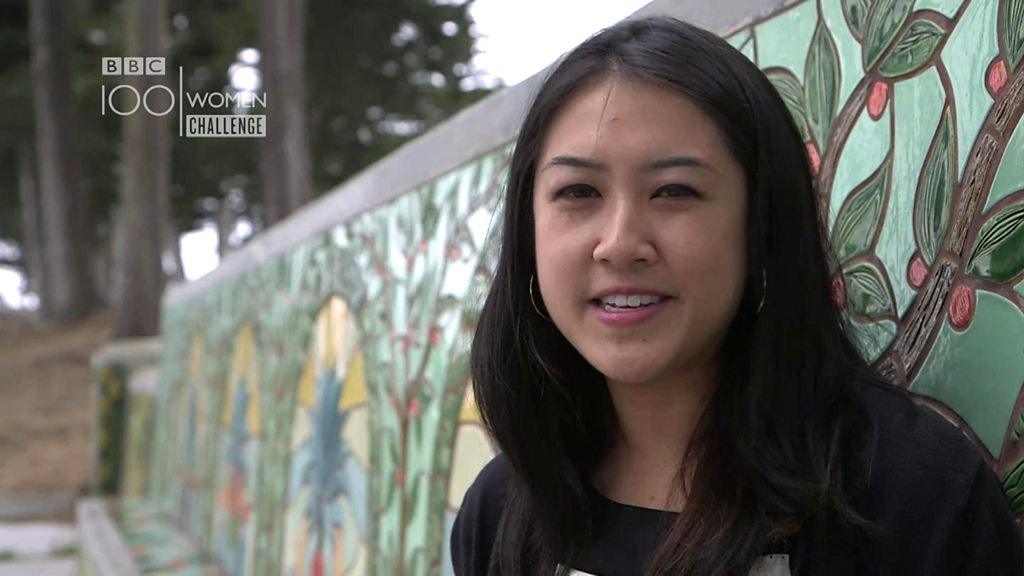100 Women: Breaking the contraception taboo in India
- Published
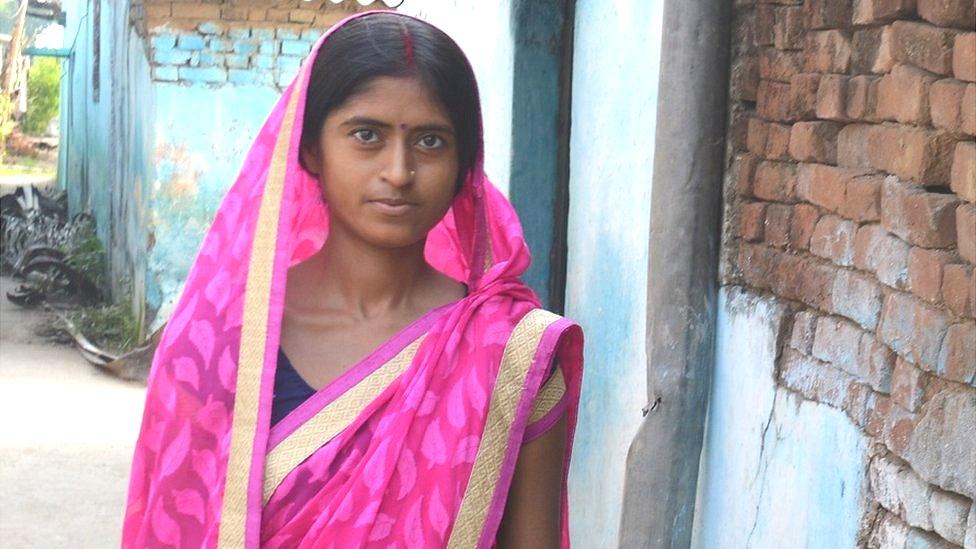
Nirma Devi has persuaded 200 women in her village to talk about and use contraception
Contraception is a taboo topic in India - resulting in high fertility rates. In Bihar, one of the country's poorest states, women have an average of three or more children. But in a remote village, one woman is trying to change that.
"Yes, I use contraception," says Nirma Devi, a 29-year-old married mother of two. "During my period, I use the red pills and otherwise the black ones. I know it has no side effects."
It's a sensational statement for a woman from Barachatti village in the Gaya district of Bihar.
When she got married 11 years ago, any attempt at discussing contraception with married women or her in-laws was snubbed.
The open discussion of contraception between men and women is not acceptable here, and women are only supposed to talk about it behind closed doors.
Which is why Bihar has the highest total fertility rate (TFR) in India.
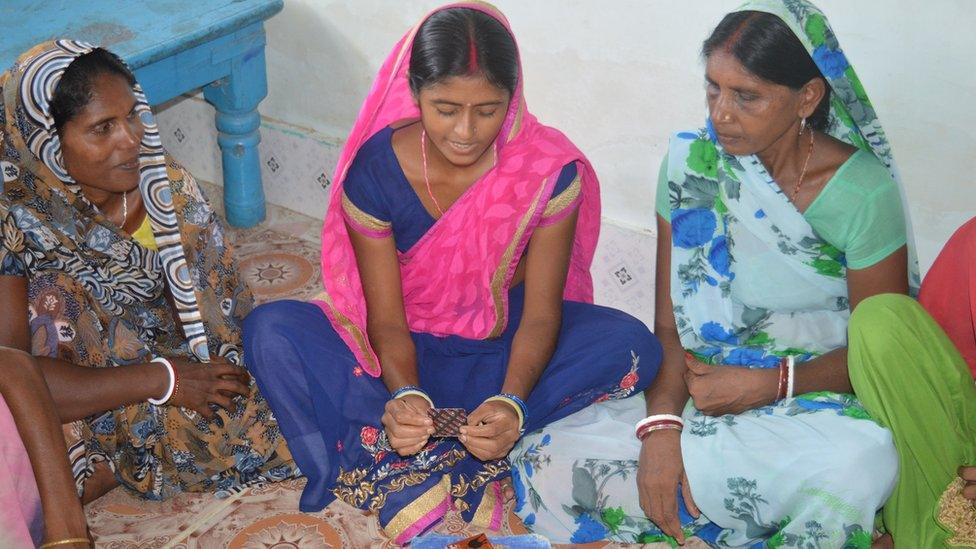
Talking about and using condoms is not the done thing for women in rural India
According to India's latest national family health survey, the TFR - the average number of children a woman gives birth to - is three for Bihar, compared to a national average of two.
And a high TFR is often found in countries where contraceptive use is low.
It's not just taboo to discuss the topic over a cup of chai - even in private, couples in Bihar are hesitant to use contraception.
But Nirma Devi is an exception.
Not only has she adopted temporary contraception to plan her own family, but she persuaded nearly 200 women from her village to do the same.
She was inspired by the television series Main Kuch Bhi Kar Sakti Hoon - which literally translates to "I, a woman, can achieve anything".

Women are drawing inspiration from an Indian TV series about a female doctor
Main Kuch Bhi Kar Sakti Hoon is the story of Mumbai-based doctor Sneha, who wants to educate village women on sexual health, contraception and other taboo subjects.
After watching the show, Nirma was inspired to imitate Sneha in real life.
"In one of the episodes, I saw a woman dying on a hospital stretcher while giving birth to her fourth child," Nirma said.
"She had three children in three years. Obviously, her body was not prepared for the fourth one at all."
The episode motivated her to start a movement of her own. She formed a group of 20 women who travel to nearby villages and educate women about contraception.
Last year, a World Health Organisation report said five women die in childbirth in India every hour. The main problem is haemorrhage - a major loss of blood during delivery. In a society where women cannot control when they fall pregnant and have children at yearly intervals, complications are more likely.
In India, the most commonly used contraception method is the sterilisation of women.
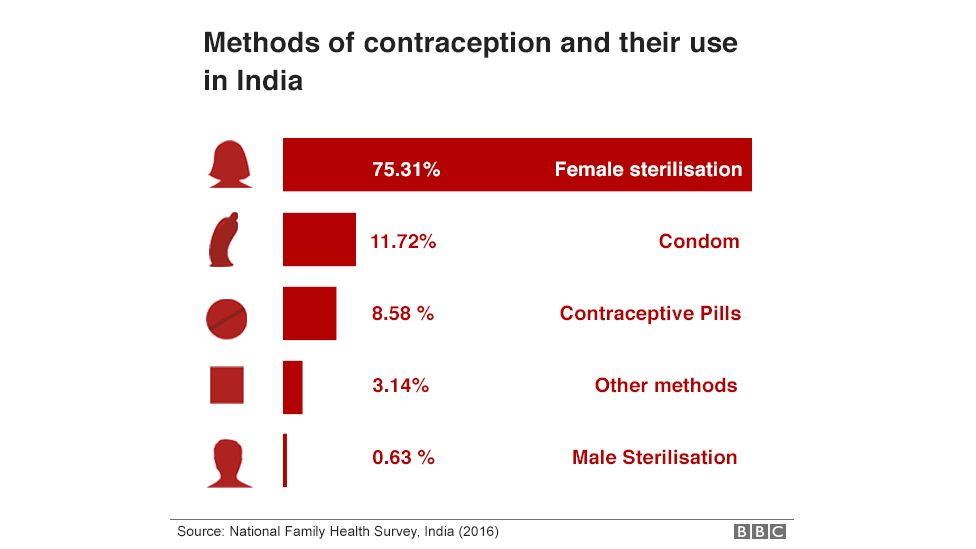
Family planning is considered the sole responsibility of the wife, and husbands hardly contribute to it.
Temporary methods like pills and condoms are not popular, which makes it especially difficult for rural women to space their children.
Nirma's son is 10 years old, and her daughter is seven - a three-year gap. She credits a local health worker, Poonam, for that.
Poonam is part of a team of social health activists recruited under the government's national rural health mission. These activists disseminate information about sexual health, and help rural women go to hospital to give birth.
She was the first woman who spoke to Nirma about the use of contraception.
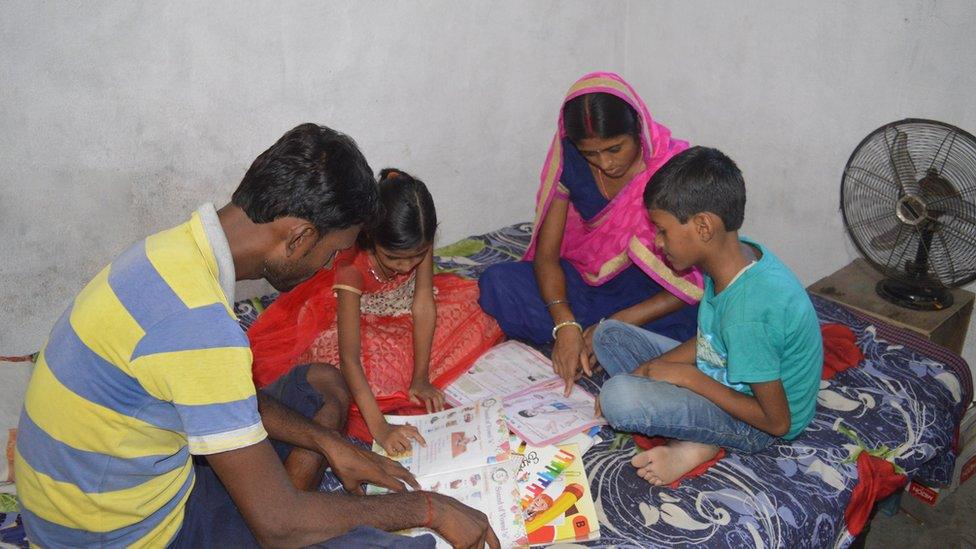
Spacing between children is seen as a key way to protect women
Despite that help, getting contraception was not easy for Nirma.
"When I asked my husband to buy me contraceptive pills, he blatantly refused," she said. "He asked: how can I? What will other men in village say?"
It was only after much persuasion that her husband took her to nearest government hospital - where she could get contraception for free.
Eventually, she was able to convince other women from the village to do so.
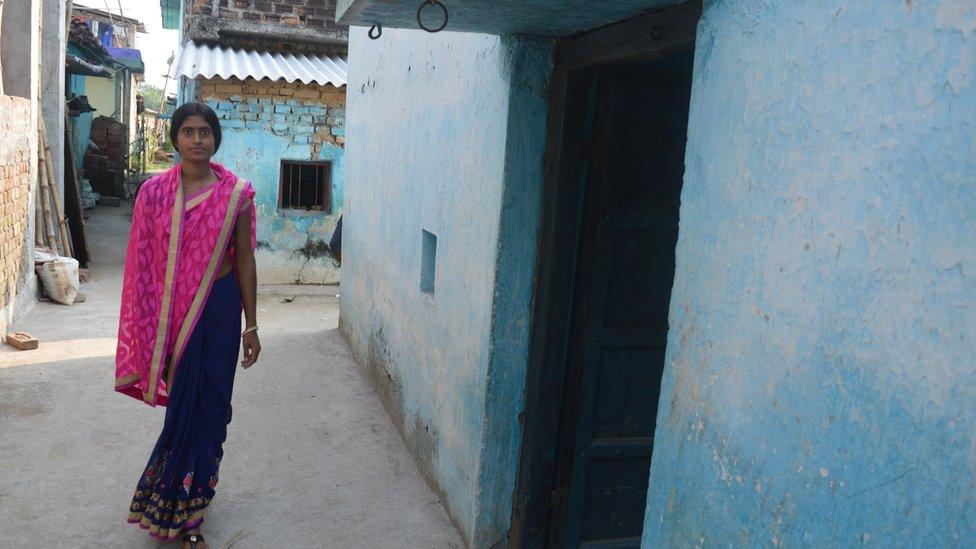
Nirma Devi had to work hard to persuade her husband to use contraception
It is an uphill battle, but she has made a strong start.
Nirma believes educating her son and daughter is the best way to ensure there is an open conversation about contraception among the next generation.
And she also hopes men will, eventually, share the responsibility.


What is 100 Women?
BBC 100 Women names 100 influential and inspirational women around the world every year. In 2017, we're challenging them to tackle four of the biggest problems facing women today - the glass ceiling, female illiteracy, harassment in public spaces and sexism in sport.
With your help, they'll be coming up with real-life solutions and we want you to get involved with your ideas. Find us on Facebook, Integral and Twitter, external and use #100Women

- Published1 November 2017
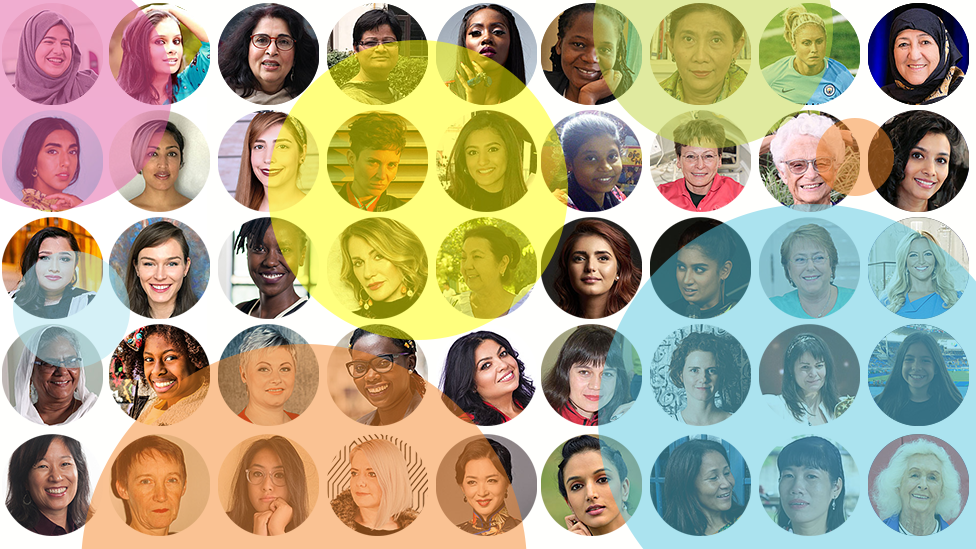
- Published9 October 2017

- Published4 October 2017

- Published4 October 2017

- Published27 September 2017

- Published2 October 2017

- Published2 October 2017
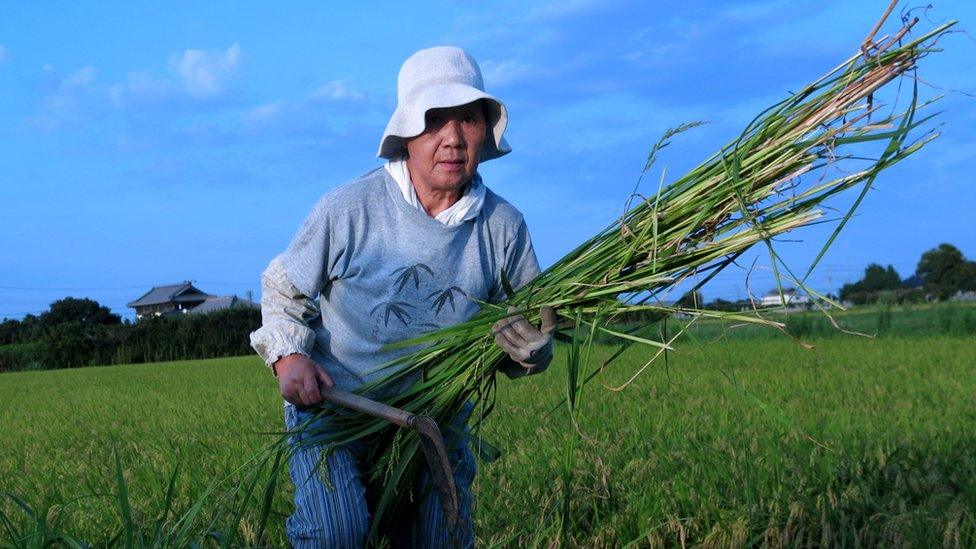
- Published2 October 2017
